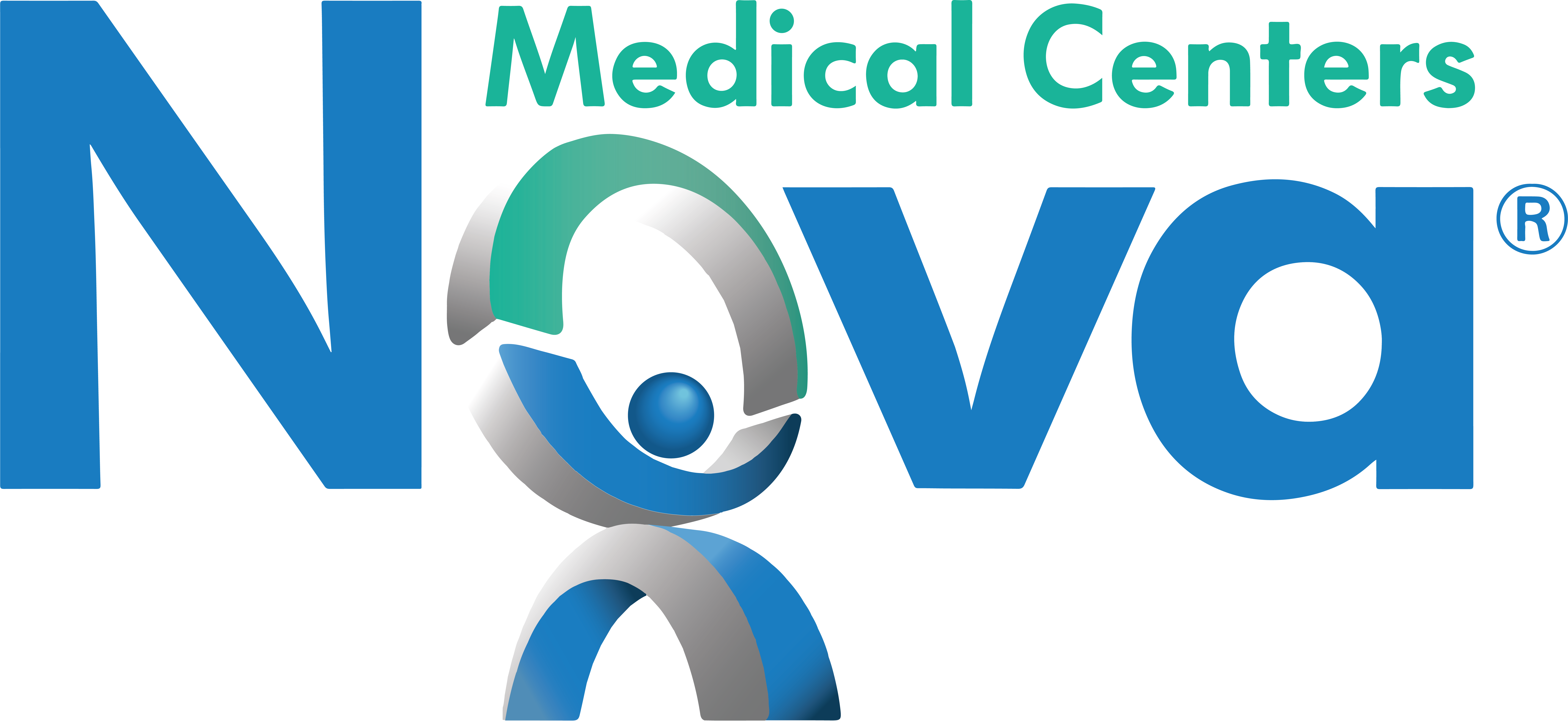Work-related stress could be a killer. You know, your doctor knows, and we know that chronic stress can wreak havoc on your heart and body. However, the situation is much deeper than the job itself. Much of the stress on the job comes from your reaction to direct and indirect stimuli: Your co-workers, the amount of control you have, and your job’s effect on your daily routine. Protect your heart, read on.
Job Stress and Heart Health
Job stress comes in different forms and affects your mind and body in different ways. No matter the cause; never-ending phone calls, the ambiguous ‘PC Load Letter’ notification that somehow leaves the office printer out of order, the ever-looming quota, or even unsatisfying work; multiple stressors don’t stay at the office when you leave. Workplace stress, both on and off the job, can lead to long-term health issues.
Common Causes of Job Stress
Are any of these changes (or lack thereof) hurting you?
- Lack of Control
- Increased Responsibility
- Performance
- Job Satisfaction
- Uncertainty about your job or future
- Lack of Communication
- Lack of Support
- Poor Working Conditions
If so, beware the short-term and long-term effects of this stress. Directly, psychological stress may affect your arteries. Stress hormones may also make those arteries more likely to burst, which can cause a heart attack.
But that’s not all, as uncontrolled stress may decrease your desire or ability to exercise, sleep, or eat healthy. This puts you into a vicious cycle of deterioration that will increase risks.
Related: The Value of a Good Night’s Sleep
4 Questions to Assess Job Stress
We hope to help you find the major stressors. Ask yourself these 4 questions to assess stress in the workplace:
- Do You Have a Good Relationship with Co-Workers and Supervisors?
- Do You have Control of your Job?
- Are you at either end of the activity spectrum (excessively sedentary or excessively active)
- Does your job affect your daily routine? Does your job provide a routine?
If you have a poor relationship with co-workers, are working overtime and aren’t in control of your daily tasks, have either a high-pressure job (air traffic controller) or extremely sedentary (most office jobs), or absolutely crazy hours; it may be best to either look for a new job or take the following tips for reducing stress. Your heart will thank you.
Steps to Reduce Stress on and off the Job
You play a big role in how stress affects you. People who get angry or hostile are at greater risk of a cardiovascular event. People who let things roll off their back do better.
- Exercise helps. You can burn off extra energy that builds up during the workday. If you have a desk job, it’s important to get up and move throughout the day, on short breaks.
- Relax daily. Make de-stressing part of your routine. It’s like brushing your teeth to prevent a cavity from developing.
- Change what you can. Take a fresh look at the things that bother you at work to see if some of your major stressors can be removed.
- Take care of yourself. If you have high blood pressure, are overweight, smoke, or drink heavily, work with your doctor to address these issues.
Remember, stress is bad for your heart. Heart problems are bad for you. We’ve written on reducing workplace stressors, and welcome you to read them below.
- Relieving Electronic Device Distress: Learn how to minimize cramps in your hands, wrists, arms, and shoulders caused by typing or texting.
- Relaxation Techniques for Reducing Stress: An overview of the different ways you can implement relaxation techniques like deep breathing, meditation, and visualization to reduce stress.
- Workplace Ergonomics for Office Workers: Reduce the risk for stress caused by back problems by minimizing poor posture and minimal comfort.
- Workplace Ergonomics for Industrial Workers: Learn the proper techniques to feel at your best on the factory floor.
Nova Medical Centers hopes this information will help employees protect themselves from the silent killers in the workplace. With offices in Texas, Georgia, and Tennessee; we can help protect workers and improve recovery times. Learn more about our services and the Nova Difference.



